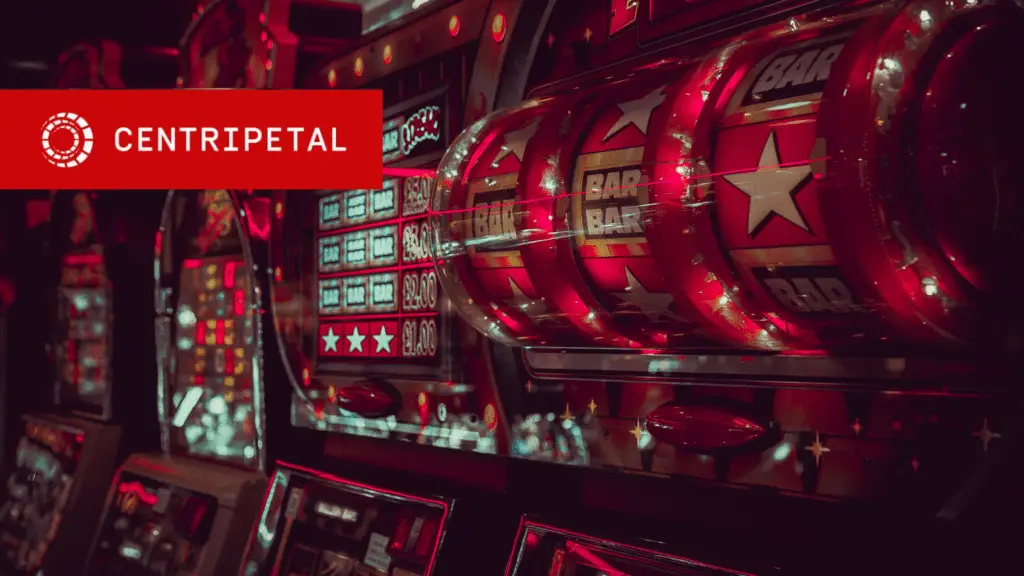The gaming industry was valued at $162 billion in 2020 and is expected to be worth $295 billion by 2026. The sheer scale of the industry makes it a very attractive target for criminals, and technological advancements have only increased cybersecurity threats. Players now have a number of online betting services to choose from and traditional casinos are even investing in gaming applications and mobile-friendly games. Online gambling and gaming is witnessing massive growth in the US, now projected to reach a value of $102.9 billion by 2025, due in part to social restrictions during the coronavirus pandemic.
As gambling services digitize, the threats they face are heightened. As well as the traditional chip switching scams, hidden cameras, earpieces, and physical heists on the casino floor, we see a number of complex cyber threats. These include expediting gameplay abuse to offer unfair advantages to cheating players, Distributed Denial of Service (DDoS) attacks, scraping data, account takeover attacks, and Structured Query Language (SQL) injection attacks to steal, add, modify, and delete data according to their will.
Many players use digital wallets, and sometimes cryptocurrency like Bitcoin, when gaming and gambling online. If breached, these digital wallets hold a great deal of personal and financial information; when a data leak was discovered by digital wallet app Key Ring in 2020, 14 million users were exposed.
If a gaming service is vulnerable, it risks exposing customers’ personal data and payment information to fraudsters, risking not only customer safety but also company revenue and reputation. As an industry built around trust and fairness, a gambling breach can shake the confidence and loyalty of players.
Gambling and gaming organizations can be limited by software from gaming manufacturers that might not be up to date, and smaller organizations within the industry may lack the budget and staff to continuously monitor their security environment. This is a particularly prevalent amongst tribal casinos, which may struggle to hire IT teams in rural locations. Additionally, PCI compliance is a challenge when payment cards are accepted both on a casino floor and in its associated hospitality and retail premises.
A proactive approach
With more services to target and increased attacks types, gaming services, both online and offline, need to be more proactive in securing their platforms. For organizations to protect their customers, their networks, and therefore their brand reputation, they need clear visibility of potential threats and a solution that does not put a strain on their security teams.
By leveraging over 3,500 cyber threat intelligence feeds, shielding ‘all risk’ threats automatically, and performing cyber threat hunting on your behalf, CleanINTERNET enables dynamic, effortless cyber threat intelligence for your business. CleanINTERNET saves millions of dollars on separate CTI feeds, delivering comprehensible, relevant threat findings to your team directly, which alleviates the burden of the cybersecurity skills gap and assists in your PCI compliance efforts. Centripetal’s CleanINTERNET solution offers immeasurable security at an affordable price, making us one of the best solutions for the gaming and gambling industry.
Speak to our team about mitigating cyber risks in the gaming industry with CleanINTERNET.
